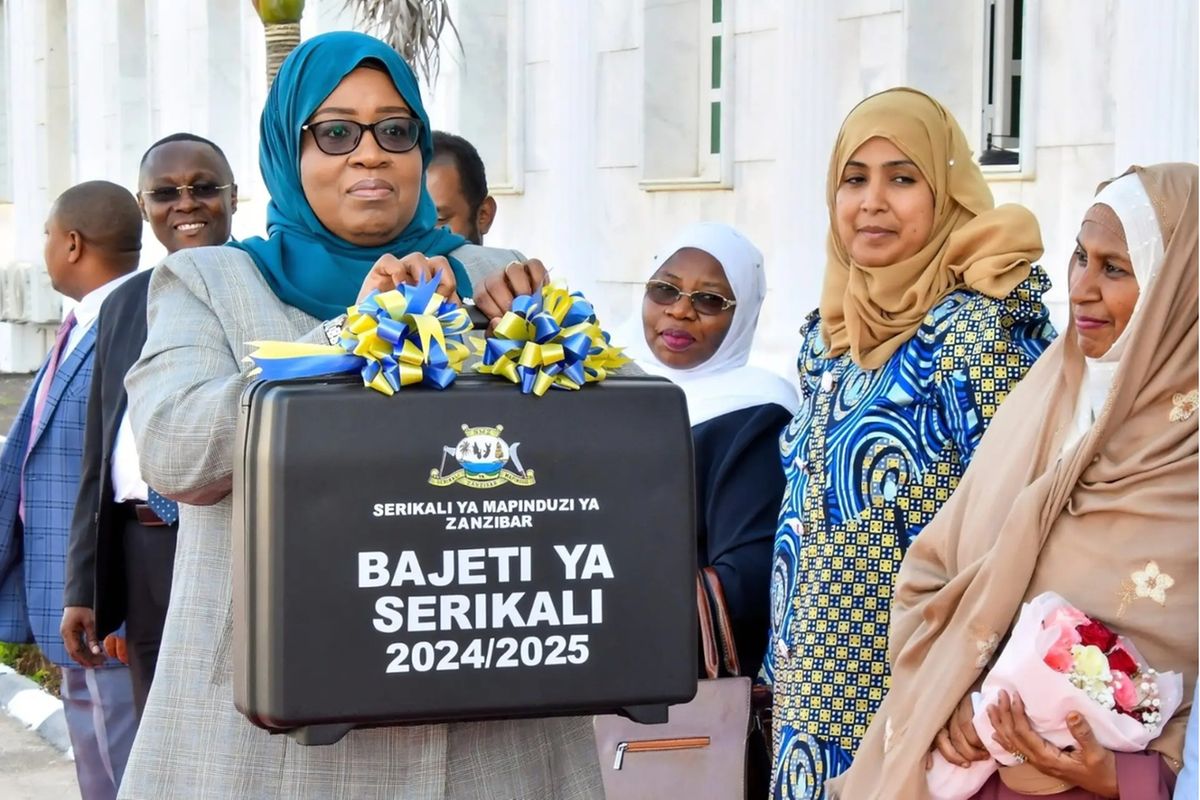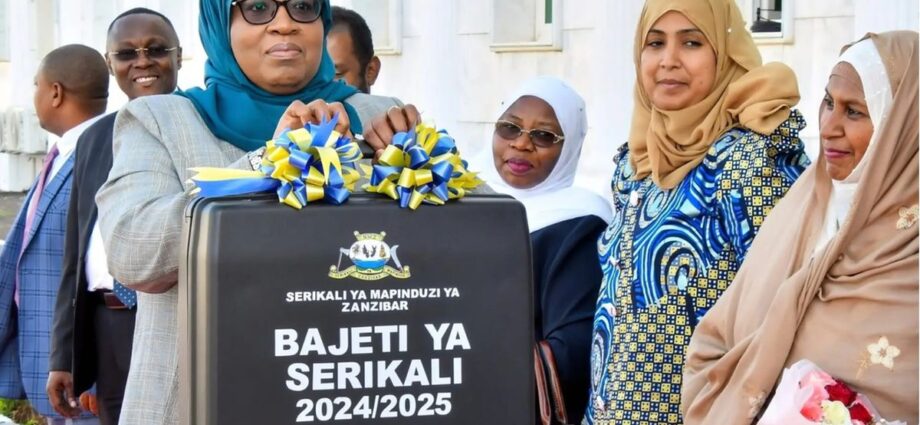
Unguja. On the day of Zanzibar’s national budget presentation, expectations are high. Citizens and economic experts are calling for a budget that prioritises individual prosperity, supports small enterprises, and expands the role of the private sector all while reducing the government’s dependency on foreign aid.
The 2025/26 national budget follows the conclusion of deliberations on sectoral budgets during the 19th session of the 10th House of Representatives — the final sitting before the end of the current legislative term (2020–2025).
Many Zanzibaris, including ordinary citizens and economic analysts, are urging the government to adopt a people-first approach that fosters grassroots growth.
Dr Twahir Mohamed Khalfan, an economist and independent policy advisor, emphasised the need for an enabling environment that encourages business growth and broadens the tax base.
“If Zanzibar is to attain middle-income status, individual incomes must rise. That won’t happen unless the business environment is friendlier, the tax system more equitable, and economic systems more inclusive,” he said.
He noted that despite relatively high tax collection compared to other East African nations, the structure remains regressive.
“We need reforms that allow broader tax participation without overburdening small businesses or local investors,” he said.
“No country can build its future on foreign aid. We must create sustainable revenue strategies to fund essential sectors like education and infrastructure.”
Support for the private sector Dr Khalfan also called for deeper private sector engagement, particularly among local entrepreneurs.
“The local private sector is often sidelined in favour of foreign investors. That’s a mistake. Empowering local players is critical to sustainable development,” he added.
While tax rates in Zanzibar may not seem high on paper, Dr Khalfan said the cumulative burden — particularly social security contributions — is stifling growth.
“Private businesses are required to contribute 21 percent to the ZSSF and 6 percent to health insurance, amounting to 27 percent per employee. To hire four employees, a business effectively pays for five. That’s unsustainable for small firms,” he explained.
“These colonial-era frameworks need urgent reform if we want to encourage hiring and investment.”
Faida Abdulla Ali, a lecturer at the State University of Zanzibar (SUZA), said she hopes to see the government shift toward digital tax systems to improve efficiency and reduce paperwork.
“Digital systems are the future. They make revenue collection more transparent and accountable — but they must be easy to use, or they become just another obstacle,” she noted.
“We can’t talk about development without first addressing the structural barriers that hold our economy back.” Rethinking tax exemptions Experts also raised concerns about how tax exemptions are distributed — arguing that small traders and youth entrepreneurs are often left out.
“Young people finishing school want to start businesses, but instead they face a maze of penalties and taxes before they even make their first sale,” Dr Khalfan said.
“The tax system should nurture — not punish — new entrepreneurs.” Tax specialist Haji Ali Omar urged the government to use the budget to tackle inflation and reduce the cost of living — particularly by cutting taxes on food. “When food prices rise, it’s the average citizen who suffers. Businesspeople simply pass the cost on to consumers. Tax relief on essential goods would make a real difference,” he said.
Citizens speak out Ordinary citizens echoed these calls, Mr pressing a desire for real change. Mohamed Khamis said that while infrastructure development is visible, the impact on individual lives has been limited.
“We’re told the economy is growing, but people are still struggling. This budget needs to focus on money circulation and job creation, not just largescale projects,” he said.
He also called for equitable development between Zanzibar’s two main islands. “Pemba still lags behind Unguja. It’s time the budget addressed this imbalance with clear, targeted plans.”













